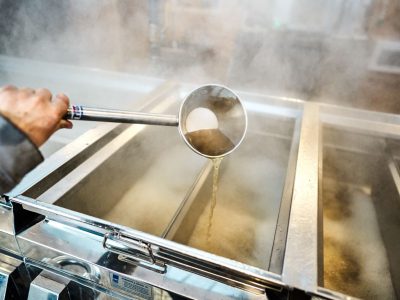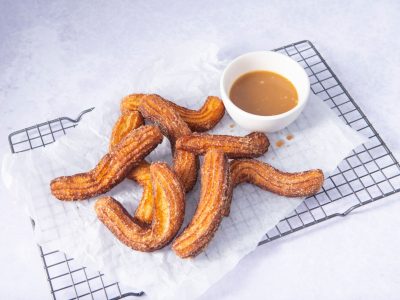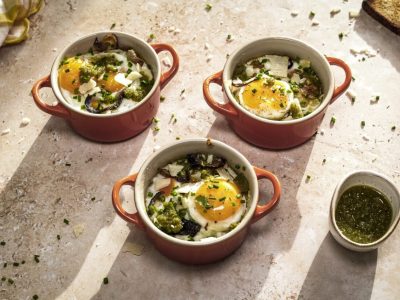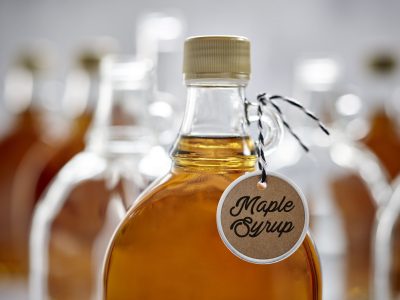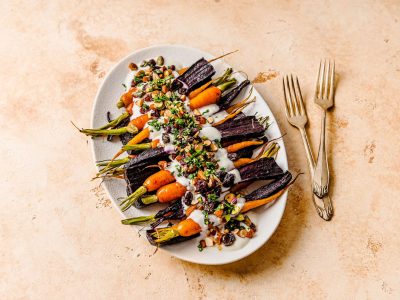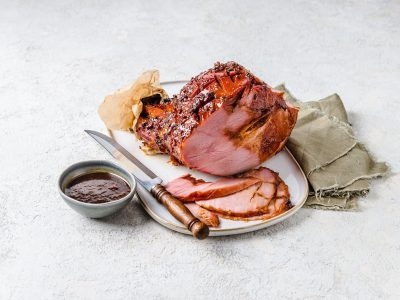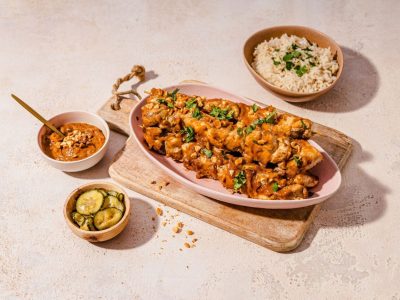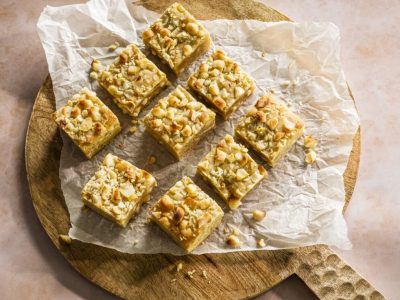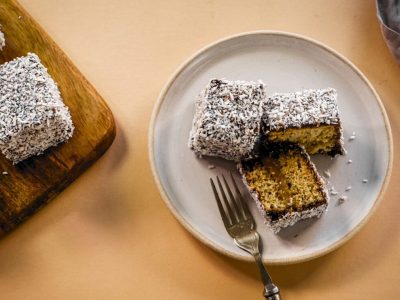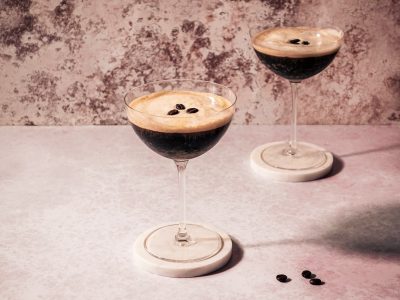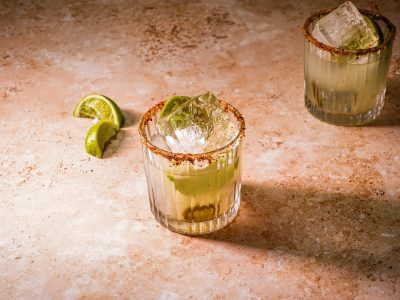Maple Syrup vs Agave Syrup: Taste, Benefits and Nutrition
WHICH SYRUP IS BEST?
If you’re looking for an alternative to refined sugar, maple syrup and agave syrup serve as two potentially healthier and more natural substitutes.
While both are made from plants and come in the thick consistency of syrup, there are many more differences than similarities between the two sweeteners.
Not sure which one is best for you? Continue reading for a full rundown of the maple syrup vs agave syrup debate, covering everything from flavour and nutrition to production and versatility.
Maple syrup vs agave syrup: production
Maple syrup and agave syrup are both made from plant sap, with maple syrup coming from the sugary sap found in maple trees and agave syrup a product of the agave plant. Broadly speaking, the sap of the respective plants is collected and then boiled to form a thick, sweet-tasting syrup.
With maple syrup, production begins in spring when temperatures push the sap that has been stored in the roots during winter out towards the trunk and branches of the maple tree.
Small tubes are inserted into the tree to collect the sap, and from here it is transported to sugar shacks, where it is then boiled to reduce the water content, eventually forming maple syrup.
The process is carefully managed to avoid any damage to the trees and no other ingredients or additives are used, making maple syrup a completely pure and organic product.
Agave syrup is made by first removing the leaves from the agave plant – necessitating its death – and then squeezing its core to extract the sap
The sap is then filtered and heated, splitting the complex natural sugars into simple sugars. Finally, the liquid is concentrated to form agave syrup.
This multi-stage process, which involves additives in the form of enzymes, removes many of the nutrients naturally present in the sap, with the final product being a highly refined syrup.
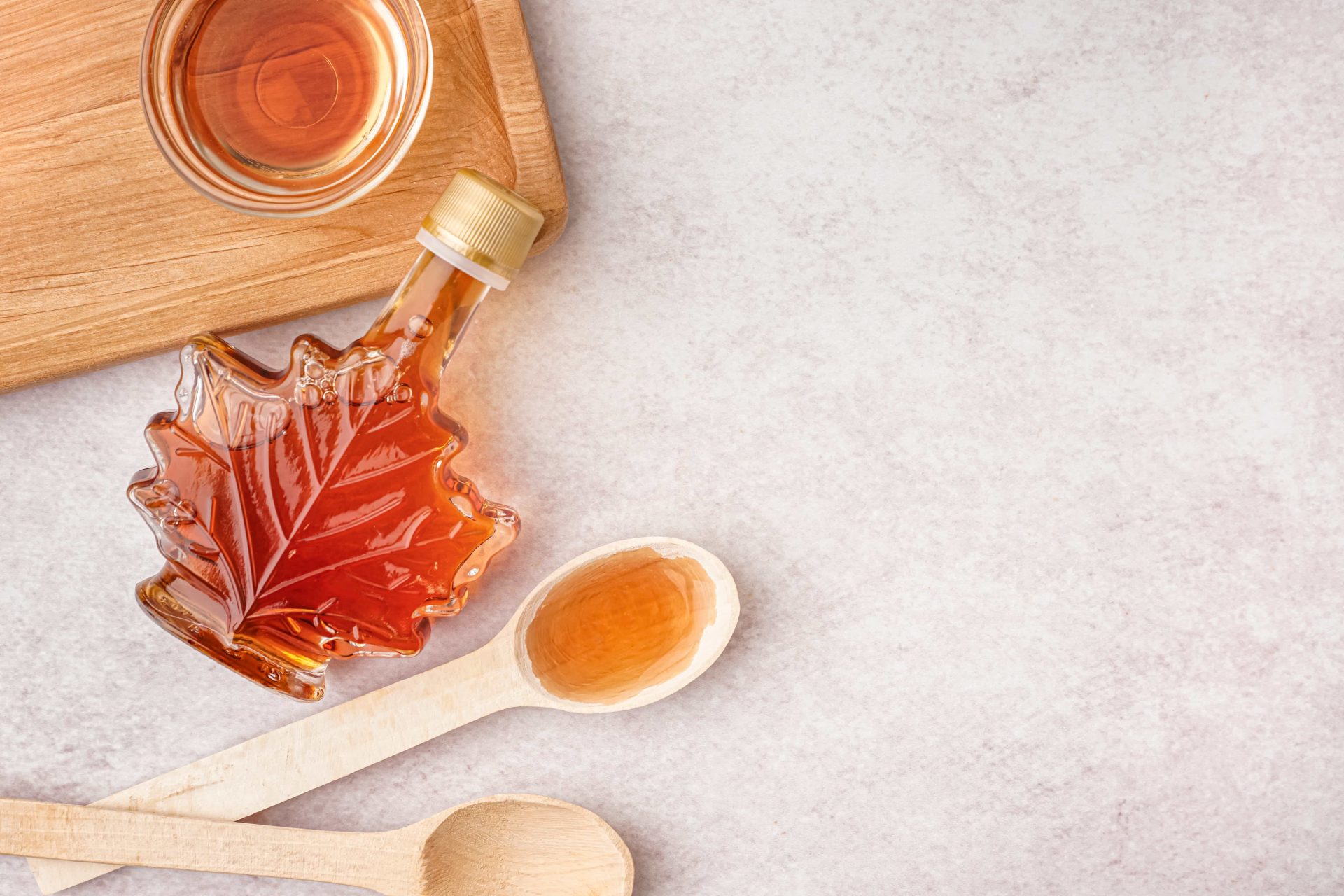
Learn more about the maple syrup’s natural production process below.
Maple syrup vs agave syrup: flavour
Maple syrup has a rich, distinctive taste with subtle hints of caramel, vanilla and butterscotch. Agave syrup, in contrast, has a more neutral flavour that is often described as a slightly sweeter version of white sugar.
The sweetness of agave syrup comes from its high fructose content, with fructose being the sweetest of all naturally occurring carbohydrates.
Maple syrup, on the other hand, has a more varied composition of fructose, sucrose and glucose, which may explain its more complex flavour.
While both sweeteners can be used as a sugar substitute, the more distinctive taste of maple syrup makes it a better option if you’re looking to change the flavour profile of a dish.
Both agave syrup and maple syrup come in a range of colours, from the lighter shades of amber and golden to the darker tones of brown.
The darker colours correlate with a stronger taste and aroma, which will change the flavour of a dish when cooking and baking.
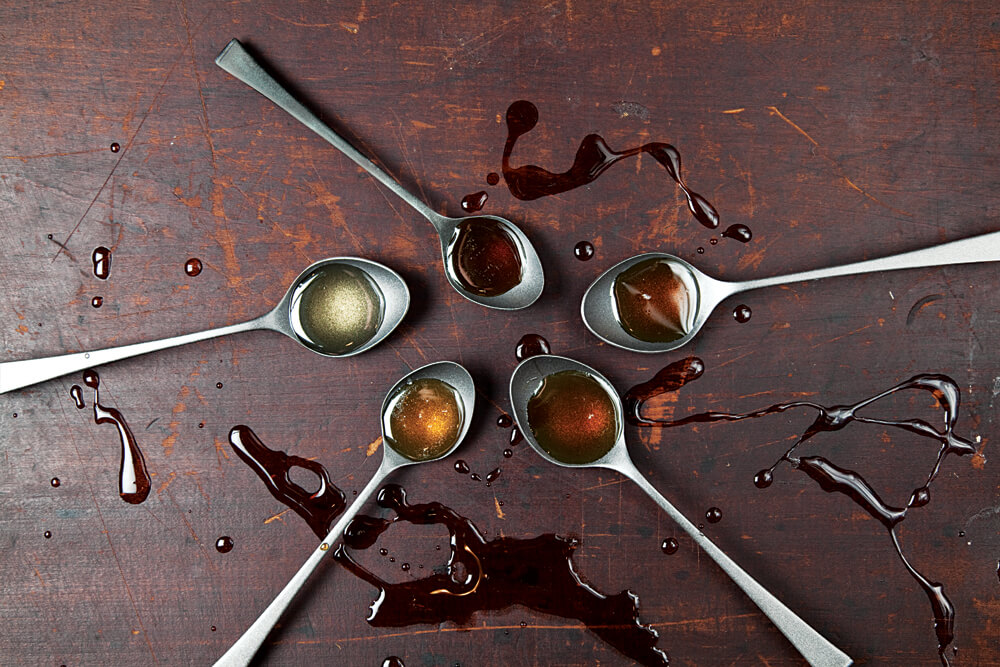
Learn more about the unique flavour of maple syrup flavour below.
Maple syrup vs agave syrup: nutrition
Maple syrup is widely considered to be healthier than agave syrup, owing to its lower fructose content and higher quantities of vitamins, minerals and antioxidants, which are preserved through the production process.
Keep reading for a full nutritional breakdown of maple syrup and agave syrup, including calories, carbohydrates, micronutrients and glycaemic index.
| 20ml tbsp pure maple syrup | 20ml tbsp agave syrup | |
| Calories | 69 | 86 |
| Fat | 0g | 0.12g |
| Carbohydrates | 17.8g | 21.1g |
| Sugar | 16.1g | 18.8g |
| Protein | 0g | 0g |
| Calcium | 27mg | 0.28mg |
| Manganese | 0.54mg | 0mg |
| Riboflavin | 0.34mg | 0.04mg |
| Glycaemic index | 54 | 17 |
The nutritional data for agave syrup in the table above is taken from the U.S. Department of Agriculture, while the data for maple syrup is taken from the Food Standards Australia New Zealand website.
Calories
Agave syrup has more calories than maple syrup, with a 20ml tablespoon serving having around 17 more calories. This may not sound like much, but the calories can quickly add up when using larger quantities, such as when baking.
Carbohydrates
Agave syrup is higher in carbohydrates and sugars than maple syrup. Maple syrup is mostly made up of sucrose, with smaller amounts of glucose and fructose, while agave syrup is comprised mainly of fructose – the sugar considered to be the most damaging to health.
Fat
There are only tiny amounts of fat in both agave syrup and maple syrup, however agave syrup does have slightly more at around 0.12g per tablespoon.
Protein
Maple syrup and agave syrup contain only trace amounts of protein, with the quantities too small to provide any associated health benefits.
Vitamins
The vitamins naturally present in agave sap are reduced to only trace amounts during processing. Maple syrup, on the other hand, retains most of its nutrients and is noted as a natural source of riboflavin (vitamin B2).
Minerals
Maple syrup also contains more minerals than agave syrup, providing considerable amounts of copper, calcium and potassium while also being rich in manganese. Some of these minerals are found in agave syrup, however only in negligible quantities.
Glycaemic index
The main benefit of agave syrup is its low glycaemic index, which varies depending on the brand but is generally around 17. Maple syrup’s glycaemic index of 54 is comparatively higher, though still lower than other popular sweeteners like caster sugar, honey and golden syrup.
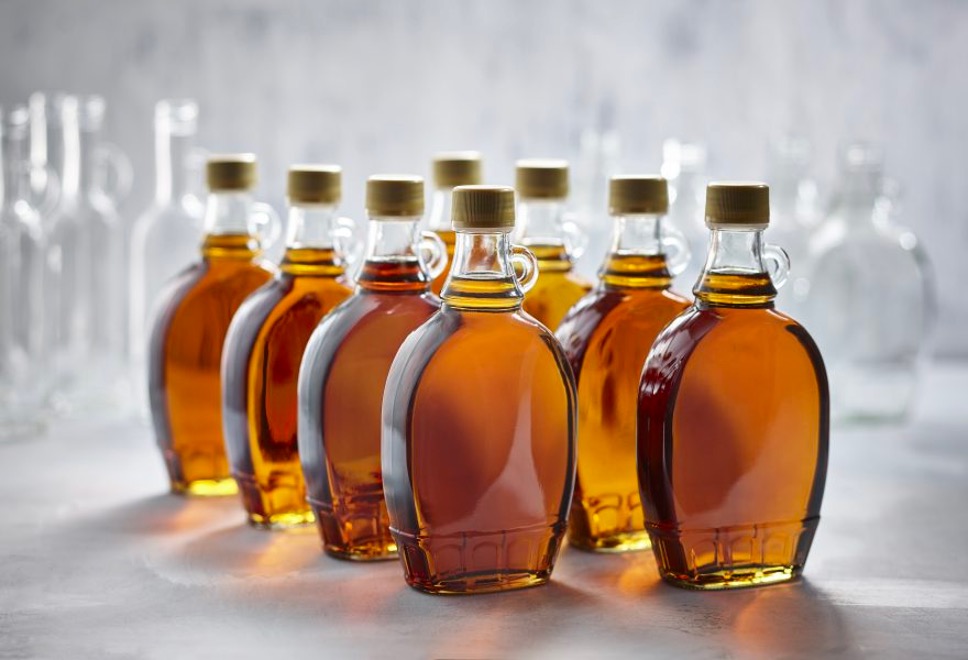
Learn more about the nutritional profile of maple syrup below.
Maple syrup vs agave syrup: health benefits
Along with being lower in calories and sugar than agave syrup, maple syrup also contains dozens of polyphenols, a class of compounds found to have anti-inflammatory properties.
The polyphenolic compound quebecol – named after the maple-producing province of Quebec and believed to be unique to maple syrup – has become the subject of particular interest thanks to its ability to alleviate periodontal tissue damage.
Elsewhere, researchers have found that maple syrup contains inulin, a prebiotic associated with good digestive health and the regulation of blood sugar levels.
The range of vitamins, minerals and antioxidants naturally present in maple syrup are one of the main reasons why it is a healthier option than heavily refined sweeteners like agave syrup, which are stripped of many of their nutrients during processing.
A study into the effects of substituting refined sugar with maple syrup found that the consumption of maple syrup led to improved cardiometabolic health, including reduced abdominal fat, lower systolic blood pressure and improved glycaemic response.
Agave syrup may come from a plant source, but its intensive production process raises doubts about its nutritional value. At present, there is little evidence to suggest the product is any healthier than caster sugar.
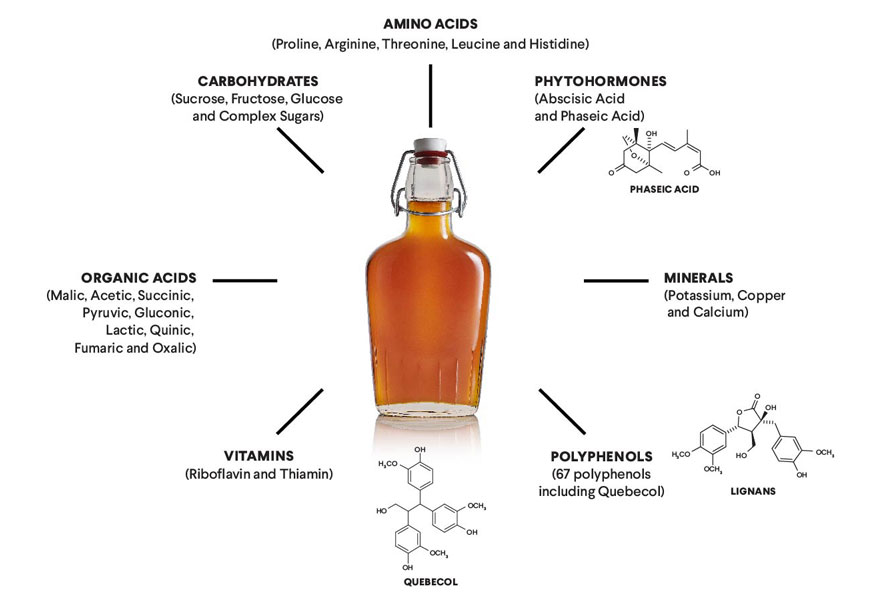
Learn more about the potential health benefits of maple syrup below.
Maple syrup vs agave syrup: versatility
Maple syrup and agave syrup both serve as suitable sugar substitutes, and while their sweetness naturally lends itself to a wide range of classic baking recipes, maple syrup’s more distinctive flavour offers greater versatility in the kitchen.
For a quick and easy way to incorporate maple syrup into your cooking, you can use the sweetener as a glazing ingredient for brushing onto meats and veggies, as with these maple-glazed carrots or maple-glazed ham.
Maple syrup can also be used as a substitute for honey and brown sugar when adding a touch of sweetness to sauces. It combines brilliantly with soy sauce and peanut butter to make a tasty satay sauce for dipping these BBQ chicken skewers.
In terms of desserts, maple syrup is great for mixing into doughs and batters, adding its signature richness to family favourites like blondies, lamingtons and cinnamon rolls.
One area in which maple syrup and agave syrup are both becoming increasingly popular is drinks, especially iced coffees and cocktails.
Agave syrup is similar in flavour to a regular sugar syrup, whereas maple syrup has a certain warmth that’s great for adding to classic tipples like an espresso martini or spicy margarita, as well as chilled brews like our iced mocha latte.

Learn more about the varied uses of maple syrup below.
Can you substitute agave syrup for maple syrup?
If you’re preparing a recipe that features agave syrup but would prefer to use a slightly healthier sweetener, you can always substitute the ingredient for maple syrup. The similar consistencies of the two syrups means they can be substituted for one another in a simple 1:1 ratio.
In some cases, you may want to use slightly more maple syrup, as agave syrup is generally recognised as having a sweeter taste.
However, it’s also worth remembering that maple syrup has a more distinctive flavour, which will have more of an influence on the overall taste of a dish.
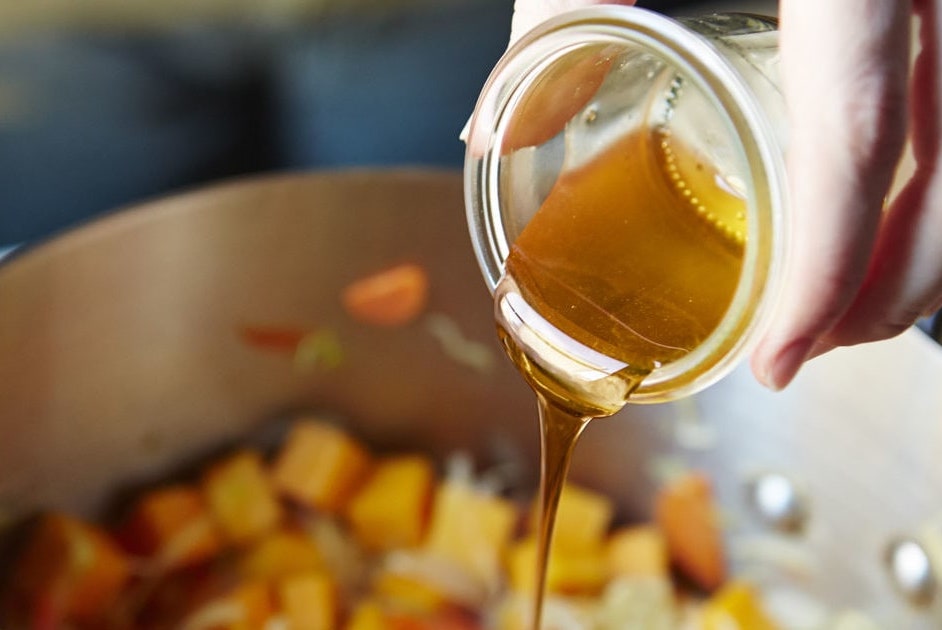
Learn more about using maple syrup as a sugar substitute below.
Maple syrup: the perfect agave syrup substitute
Whether you’re looking for the extra flavour offered by maple syrup or prefer an all-natural product with additional health benefits, there are plenty of reasons to substitute agave syrup for maple syrup in your recipes.
Not only is maple syrup more nutritious and less heavily processed than agave syrup, but it can also be used in a wider range of recipes, making for a great addition to sauces, glazes and marinades as well as iced coffees, cocktails and classic bakes.
Want to find even more ways of using maple syrup in your cooking and baking? Be sure to explore our huge range of maple syrup recipes, covering all courses from snacks and sides to drinks, desserts and main dishes!
A Source of Natural Energy
Maple syrup is a natural source of energy. Check out how maple can act as fuel before, during, and after exercise.



